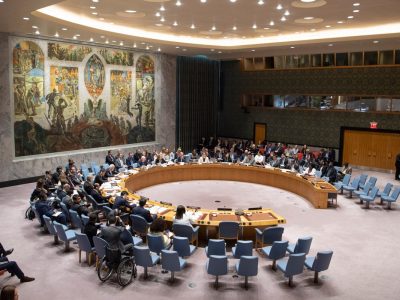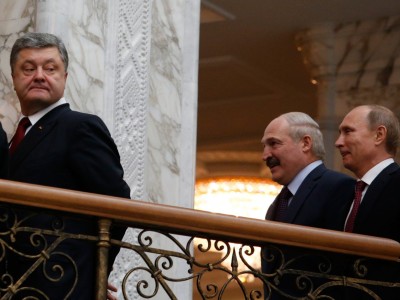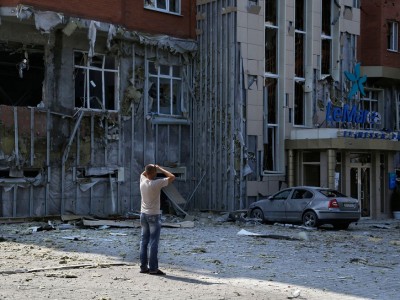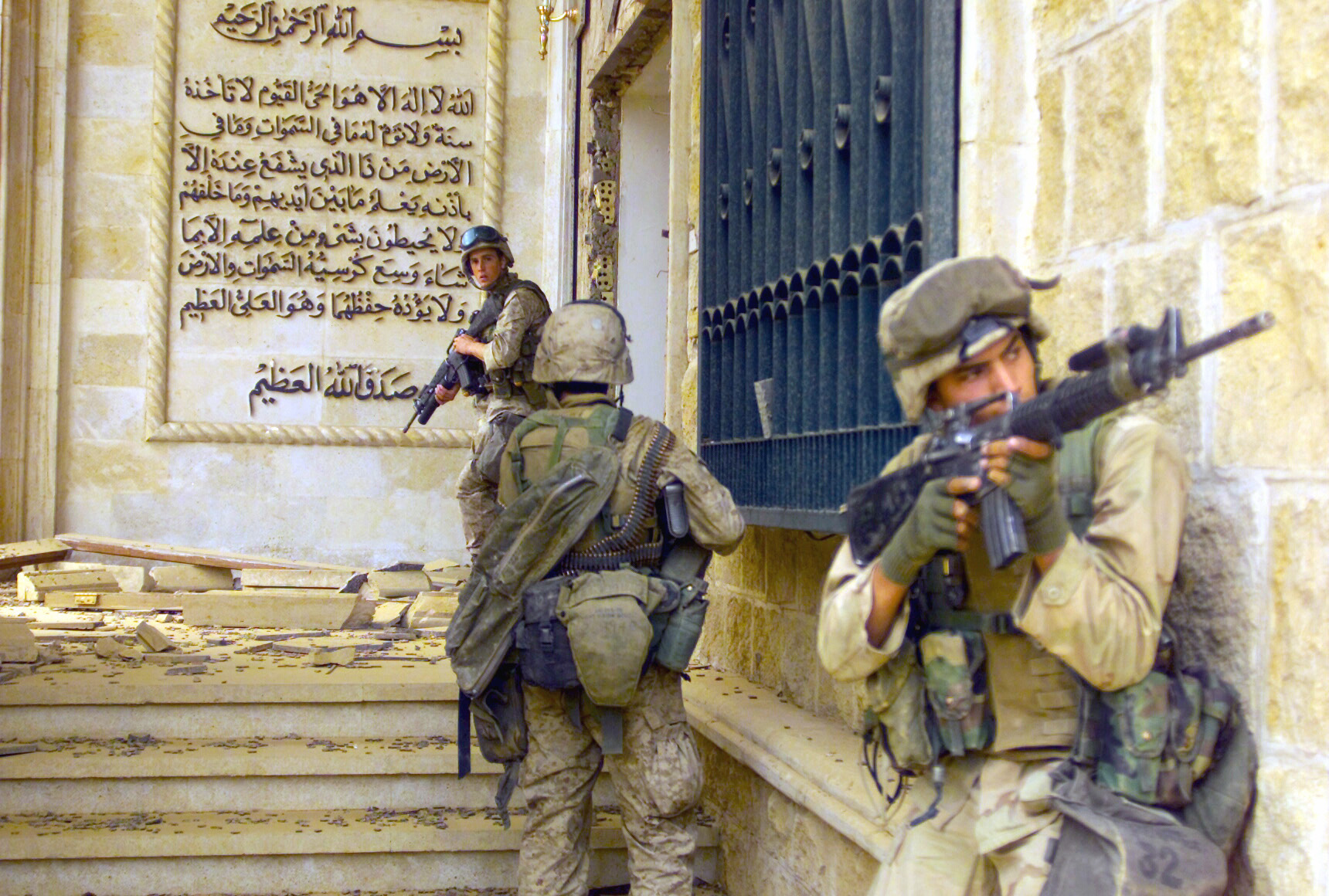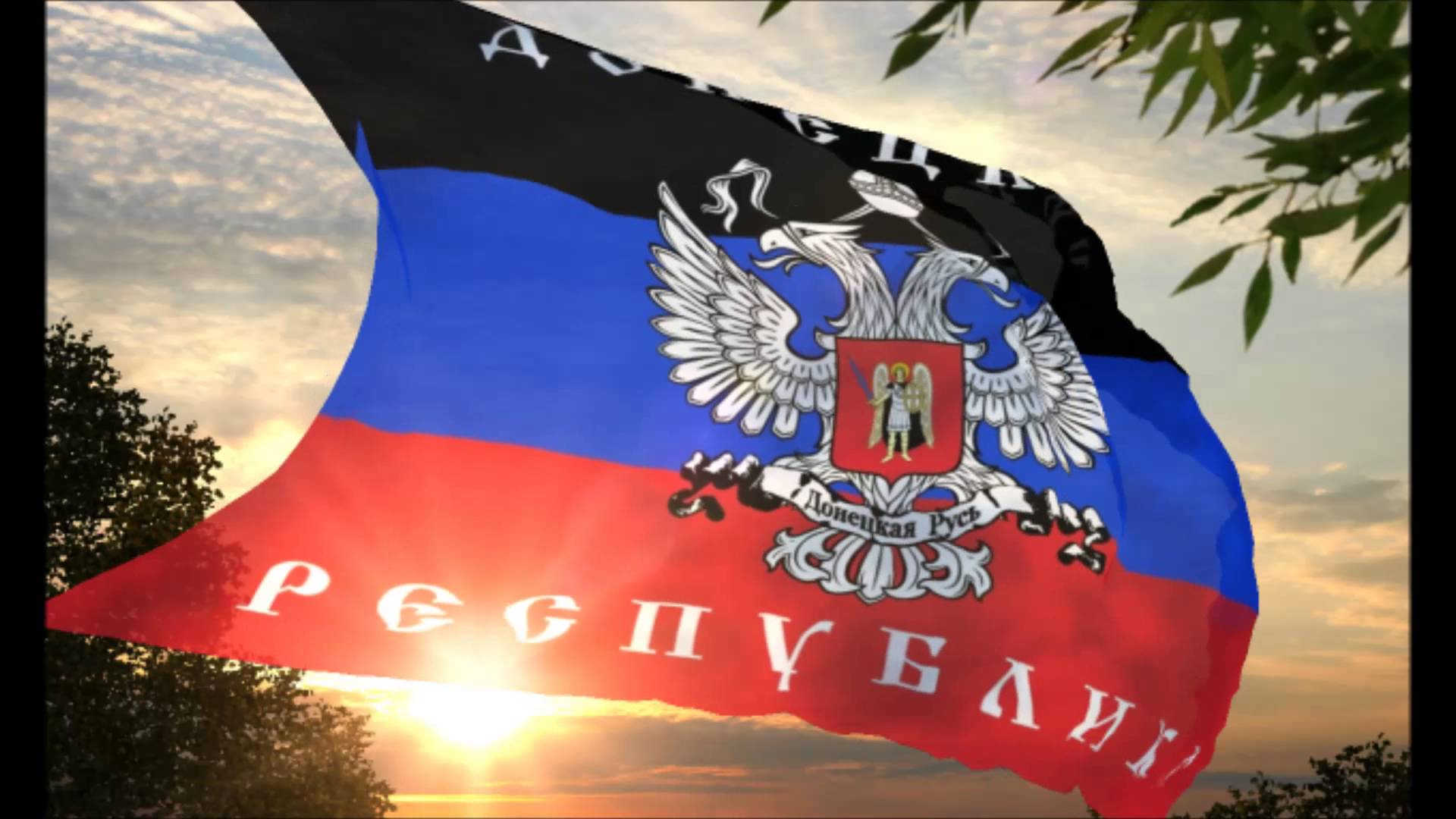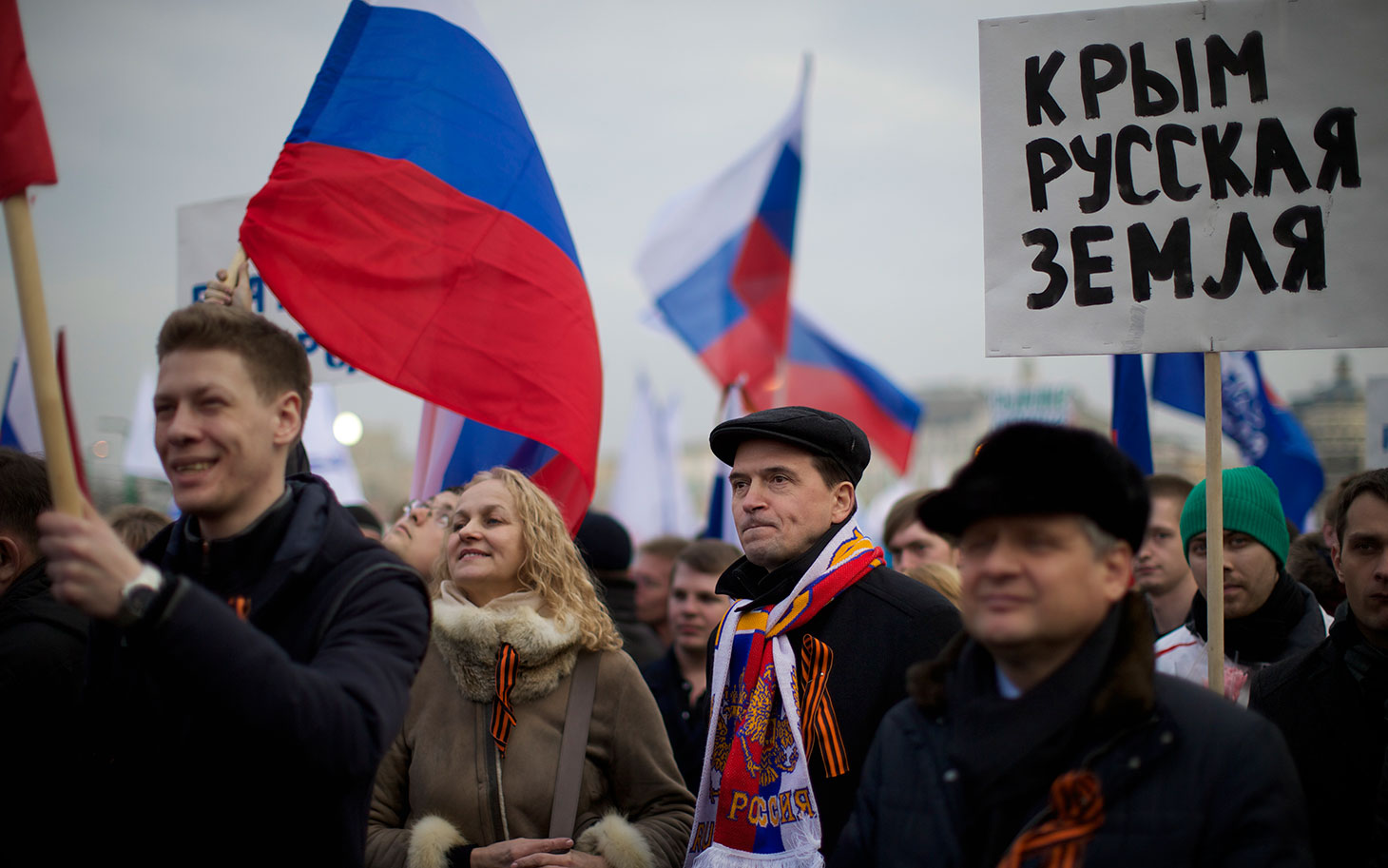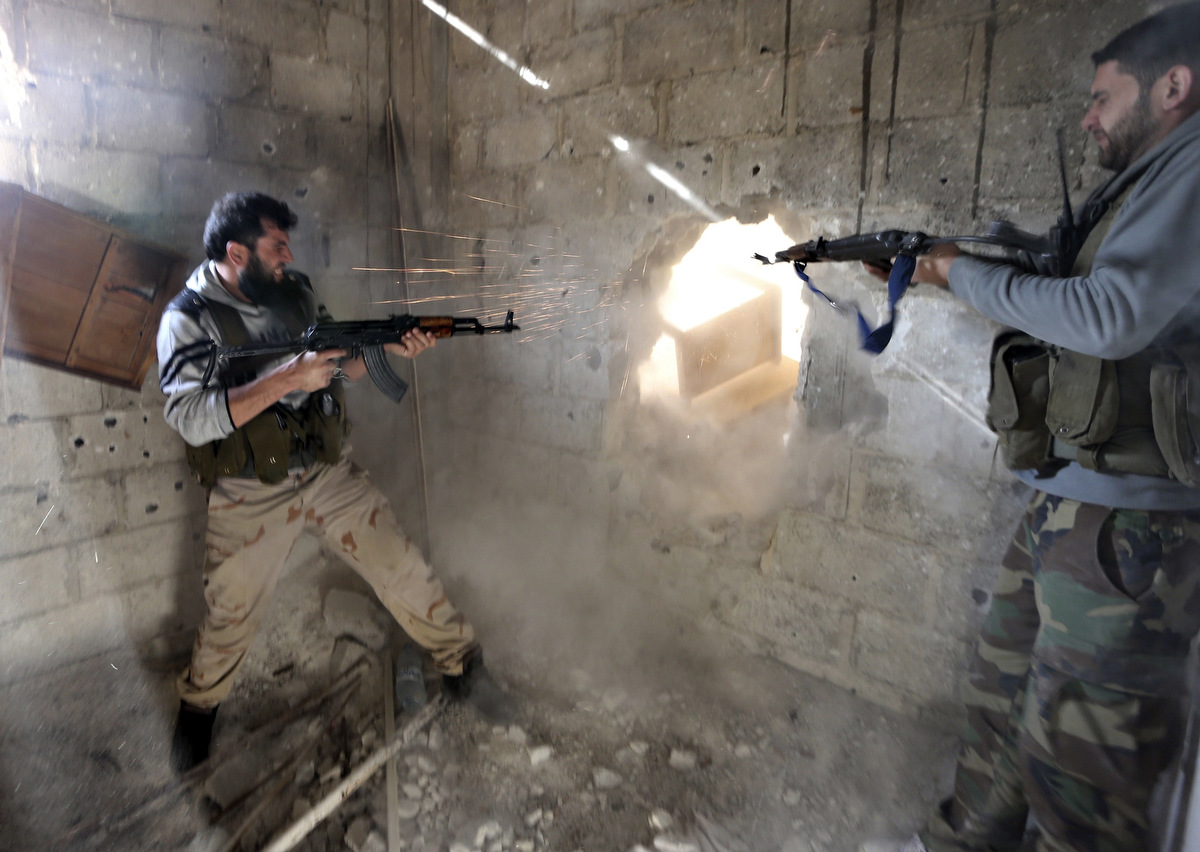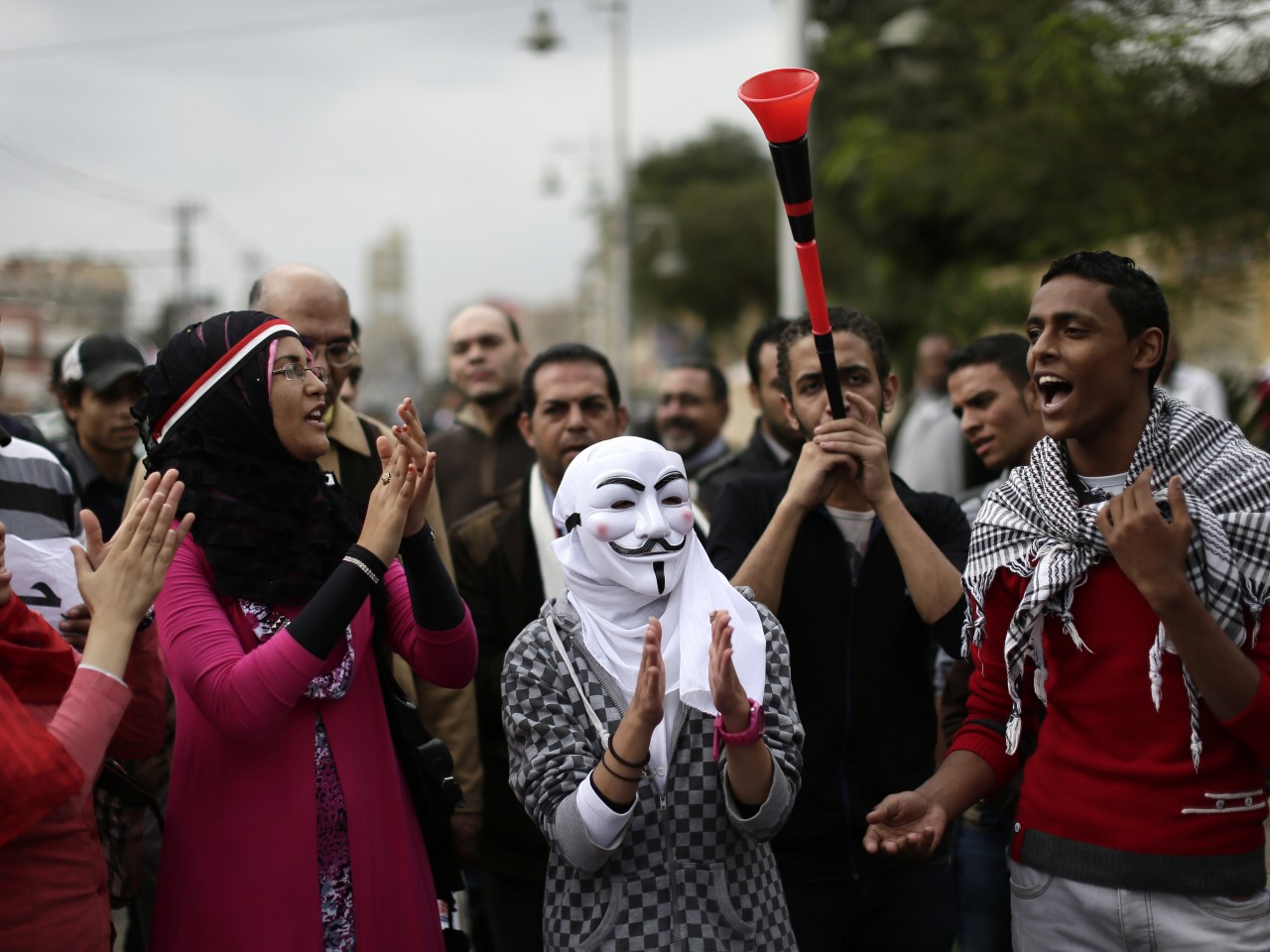Strategies for reforming the United Nations
If reform is not attempted and achieved, then increasingly the Great Powers of today are just going to ignore the United Nations and its bureaucracy,... Read More
Towards a grand plan for the Middle East?
It is the diversification of contemporary global energy markets that provides the international community with the opportunity to treat the Middle East once more as... Read More
Agreeing to end civil wars – reflections from the Balkans to Ukraine
If civil wars were not destined as a rule to yield uneasy but stable partition, then it is hard to see why they would be... Read More
Law and genocide – lessons from the Balkans
An appreciation of the limitations of legal process in passing historical judgments may well have been uppermost in the minds of the Judges of the... Read More
Fighting Cold War in Russia and Ukraine
Cold War has not two protagonists but three or more. The contemporary struggle over the future of Ukraine betrays a similar pattern. The familiar exhortations... Read More
Living with the Islamic State
Even if the Islamic State’s current modus operandi revolts us, the political logic to its existence remains firm. The West and the regional powers alike... Read More
The spectre of nationalism in the modern Balkans
Although the history of the Western Balkans has a cyclical quality, one thing has changed. The region’s quarrelsome peoples have been separated politically, which means... Read More
Bosnia and Iraq – cycles of calamity
Whatever government structure is finally developed for an ethnically segregated Iraq it should not be as dysfunctional as the Dayton constitution proved to be for... Read More
An enquiry concerning the Donetsk People’s Republic
The People’s Republic of Donetsk seems likely to be perpetuated as a chronically unstable catastrophe, as Russia wants neither independence nor sustainable federalisation. For the... Read More
Kosovo and Crimea – what’s the difference?
The only discussion of principle emerging from the debates over Kosovar and Crimean independence is that initiated by Woodrow Wilson towards the end of World... Read More
Winners and losers in the Balkans wars – lessons for Ukraine and the Levant
Absent genuine geopolitical interest in another country’s conflicts, the West should stay out of others’ civil wars lest it risks exacerbating them and contributing to... Read More
Temperance in the Arab Spring – averting catastrophe through great power politics
The world’s most politically volatile region, the Middle East, has been stabilised through the collective common sense of three Great Powers – the United States,... Read More
Syria disfigured – options for the West
To understand what a militarily-inspired democratic transplant might achieve in Syria, one might look at what happened when the Iraqi Ba’athist regime of Saddam Hussein... Read More
Egypt’s democratic phantasm
If Egypt now falls into a period of extended civil conflict, this will not be a new phenomenon driven by recently discovered popular democratic impulses.... Read More
Tales from Herzeg-Bosna – the trial of the Prlic defendants
By highlighting again the atrocities of the war in Herzeg-Bosna, and by pinning liability for grave crimes upon some of that war’s leaders, the Hague... Read More
Bosnian Serb secession – could it ever happen?
Bosnia and Herzegovina’s political geography creates a perpetual propensity for the country to spin apart, and at the current time nobody has a realistic plan... Read More
International criminal law – justice or mirage?
It is indefensible to ignore the debate on international criminal law, all the more when the pretext for doing so involves relying upon the misery... Read More
Bosnia’s ragged demise
With international interest in the country having dissolved, Bosnia and Herzegovina’s politicians can now start pulling apart the political architecture imposed by the US Government at Dayton, bringing the state ever closer to irretrievable collapse.
Reflections on the siege of Sarajevo
Bosnia and Herzegovina's ethno-nationalist politicians are the product of ethno-nationalist self-partition on the part of three groups of people, all of whom have been scarred by their wartime experiences.
War crimes and proconsulship in the Balkans
The logic of contemporary post-war intervention and proconsulship in both Kosovo and Bosnia-Herzegovina is impossible to divorce from concepts of collective national guilt.
Waiting for Godot in Dodik’s Bosnia
By appealing to the notion of inter-ethnic rotation of senior government positions, Milorad Dodik has exploited and widened divisions between the Bosniaks and Croats, thereby further stymieing the formation of a state-level government.
Kosovo – the politics of partition
Kosovo's prime minister, Hashim Thaci, recently executed a dangerous gamble in Serb-dominated northern Kosovo by seizing the border posts between the region and Serbia. His actions illustrate the changing balance of power between Americans and Europeans in the region, and the important role of Serbia’s primary opposition party in resolving the Kosovo conflict.
The silent passing of Bosnian proconsulship
By lifting the OHR's remaining bans, Valentin Inzko has quietly conceded that the OHR no longer has the moral authority to dismiss people from public office or to punish them by international decree, thereby marking a profound change in the international community's attitudes towards Bosnia and Herzegovina.
Milorad Dodik and the politics of referendum
Through threats and cajolements, Dodik is proving remarkably adept
Ante Gotovina and the politics of international justice
In light of the ICTY’s verdict finding two Croatian military leaders, Ante Gotovina and Mladen Markac, guilty of war crimes, all the evidence points to Operation Storm being sanctioned in the fullest degree by the international community.

